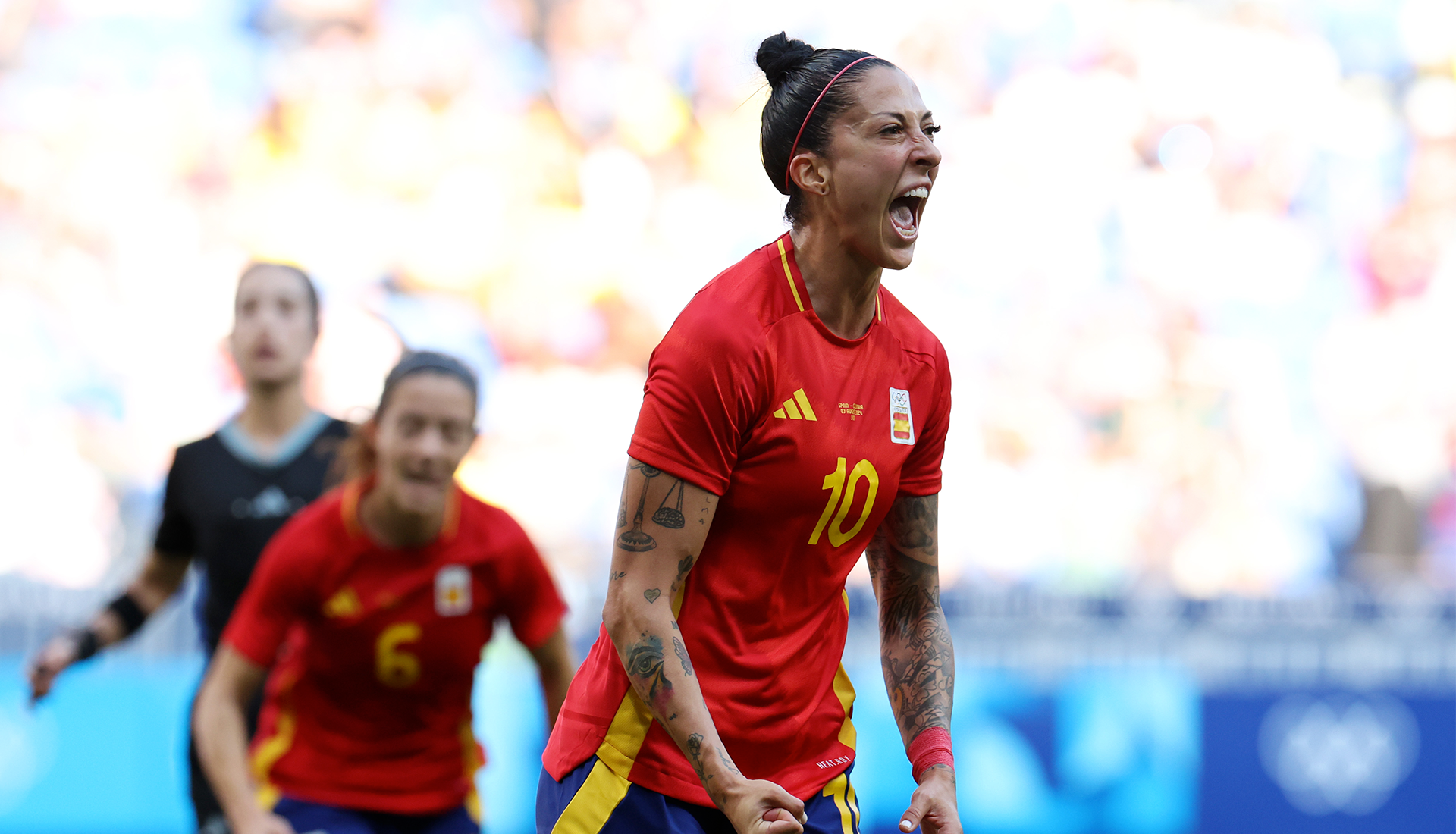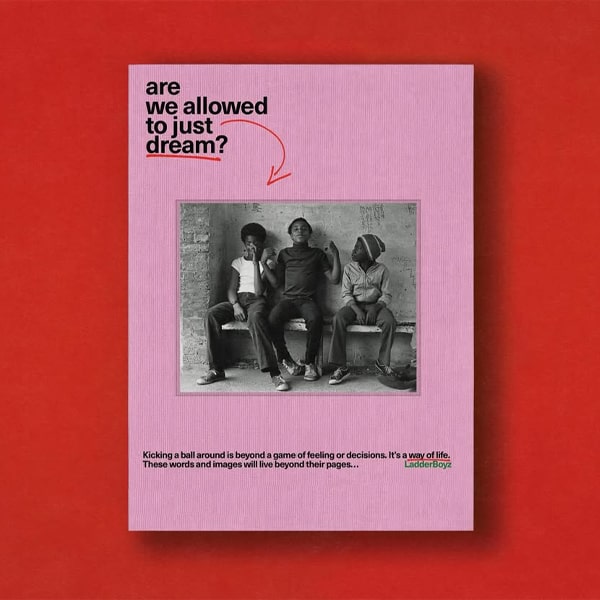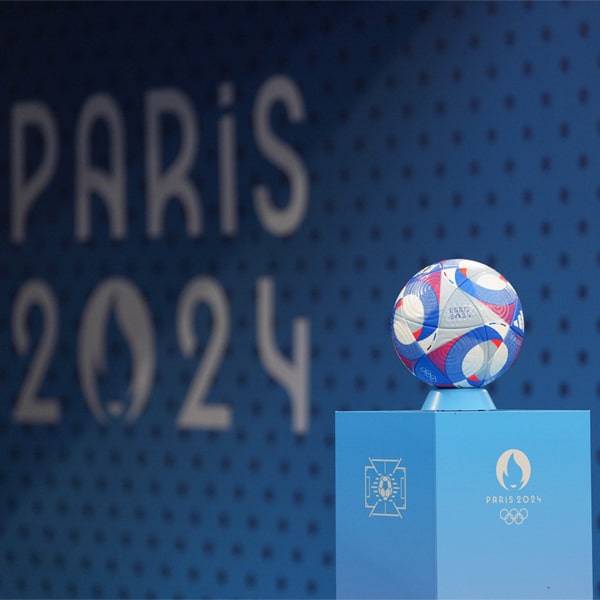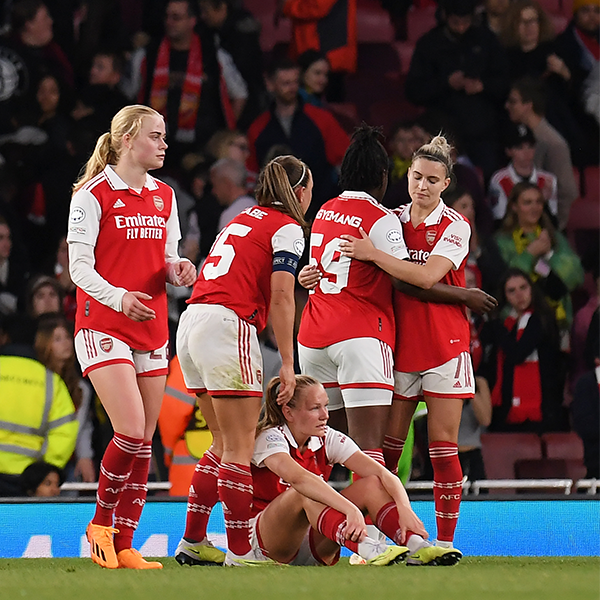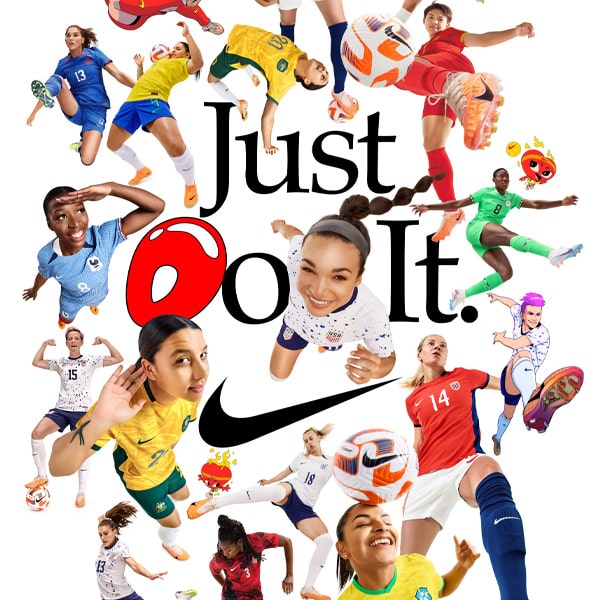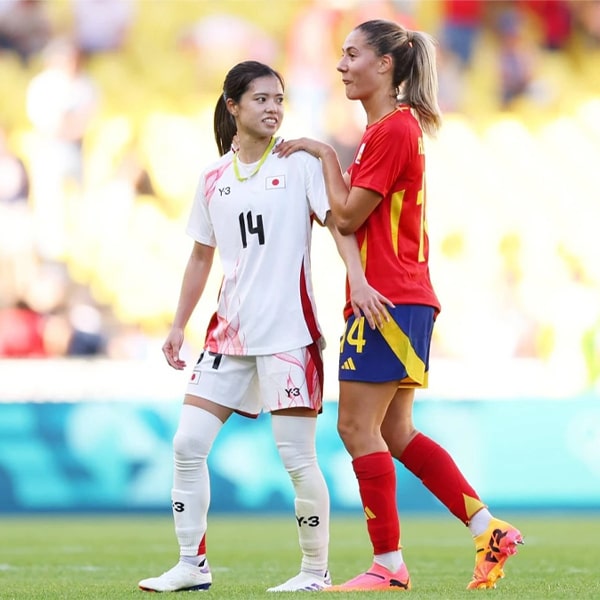The USWNT vs Germany and Brazil vs Spain are the semi-finals of a thrilling women’s football tournament marred by controversy. Use these shocking and delightful choices to put the action into perspective.
The women’s Olympic football tournament in Paris serves as the perfect snapshot of how women’s football has always been shaped by a push and pull between progress and setback. The Canada team spying on their opponents with a drone served as an ambiguous victory for gender equality by proving to a global audience that women can be assholes too. The Zambian football federation allowing a coach under investigation for sexual misconduct to lead the team is a stark reminder that women footballers’ needs are still subordinate to those of a man.
As the five stories chosen below will tell you, women’s football has always been defined by a fight for visibility and respect in a society that deemed women, and thereby by default women footballers, as a deviation from the male norm. There was a 50-year-long ban on women playing football on official grounds in England, while a women’s World Cup in 1971 drawing crowds as big as 116,000 was completely erased from history.
With the current meteoric rise in women’s football, the hugely successful 2023 Women’s World Cup has record attendance (over 1.9 million fans) and viewership (38.4 million viewing hours) for example, the hidden stories on women’s footballers are also finally reaching a wider audience, especially through streaming services. But they are a stark minority to the male majority. Out of Netflix’s 24 known sports documentaries released this year, six are on women and none are on women’s football. Six are on men’s football alone. The same goes for sports coverage: women’s sports only made up 15 % of the total media coverage in the US last year according to a Wasserman study.
Ironically, it is also this invisibility that makes these stories worth reading and watching. No one has cared to tell them before so diving into them is both foreign and familiar and hopefully broadens your horizons moving forward. Second, they all portray women footballers as fully-fledged human beings with the same passions and dreams, and the same capacity for assholery, that we see portrayed in stories about male players and teams. Stories on women’s football inadvertently become about more than football, they become stories about creating a more equal society.
Here are five of the best books and documentaries on women’s football around to backdrop the 2024 Olympic women’s football tournament.
Suzanne Wrack: A Woman’s Game – The Rise, Fall, and Rise Again of Women's Football (2022)
Wrack’s award-winning book sheds light on the pioneering but completely unknown women that shaped modern football. From the first officially reported women’s match played in “heeled boots” in 1881, to the huge rise in popularity of women’s football during the First World War culminating in 53,000 people in the stands for a match, to the Kafkaesque 50-year-long ban on women’s football in England, and finally the re-rise we see today playing out in Paris. Thoroughly researched and superbly written, this book is a piece of counter-history showcasing how women on and off the pitch have always had to work around the disadvantages beyond their control.
Angel City (2023), MAX
This three-part series on the Los Angeles-based women’s football club founded by three women in 2020 (most notably actress Natalie Portman) simultaneously provides a snapshot of an entrepreneurial, feminist first, and the possible professionalised future of women’s football. Which makes the series magnificent. You can feel the anxiously excited start-up energy in each frame as owners and team tread new ground, determined to never go back to what was. And this time, we are dealing with a women’s club with deep pockets: Reddit-founder Alexis Ohanian is just one of a plethora of famous investors. While the series efficiently reveals that not even financial muscle can protect you from casual sexism – the team is met with the stereotypical “no one watches women’s sport” etc. – it also proves that women’s football can be profitable. Angel City was recently valued at an estimated $250m to become the most valuable women's club in the world. Captain Ali Riley played for New Zealand at the Olympics.
Welcome to Wrexham (2022 -), Disney+, FX+
After a whole season of us (happily) crying and laughing with the male players of the multi-season hit documentary, a shock revelation occurs in season two: There’s a women’s team! No one knew, not even owners and Hollywood stars Ryan Reynolds and Rob McElhenney, they admit. They and the documentary then set out to correct this wrong. Through careful storytelling, we are shown how the Wrexham women players face the exact same struggles as their male colleagues – fighting to get off the bench, battling injuries, dealing with the death of a parent. And we are shown how they also carry the double burden of not being paid and playing their matches at a sad-looking muddy field, all while earning promotion. While the women acting as a substory to the men is a telling point in itself, the documentary stands out by portraying women footballers as fully-fledged humans in a male-dominated context.
Copa 71 (2023), Netflix
“Why didn’t I know this?” This is the question most people will probably ask themselves after watching the Serena and Venus Williams-produced documentary. It takes on the history-correcting task of shedding light on the incredible but completely erased story of the unofficial Women's World Cup in Mexico in 1971. Though FIFA didn't back the tournament – this is why it was called 'unofficial' – it became a breakout success with heavy media coverage and packed stadiums culminating in 116,000 ecstatic spectators watching the finals. The participating players describe the experience as a feminist fever dream and a far cry from the overall air of chauvinism they were used to at home – women’s football was a criminal act in Italy and Brazil at this time. Even this utopia had its limits: the teams were told to wear ”skimpy shorts” to attract attention and when they returned home, the tournament and the players were largely forgotten. Until now.
Gwendolyn Oxenham: Under the Lights and in The Dark. Untold Stories of Women’s Soccer (2017)
Few authors manage to shed light on the shadowy and habitually bizarre existence of women footballers with as much dignity as Gwendolyn Oxenham. Each chapter of the book is dedicated to documenting a footballer from around the world – from US national team fringe player Allie Long keeping herself sharp for 2016 Olympic trials by playing men's underground matches across New York, to current AC Milan player Nadia Nadim fleeing Afghanistan aged 12 and falling in love with football at a Danish refugee camp. What ultimately emerges from the pages is the bigger story of how their love for the game keeps these women moving forward regardless of the absurdities and horrors they face.
